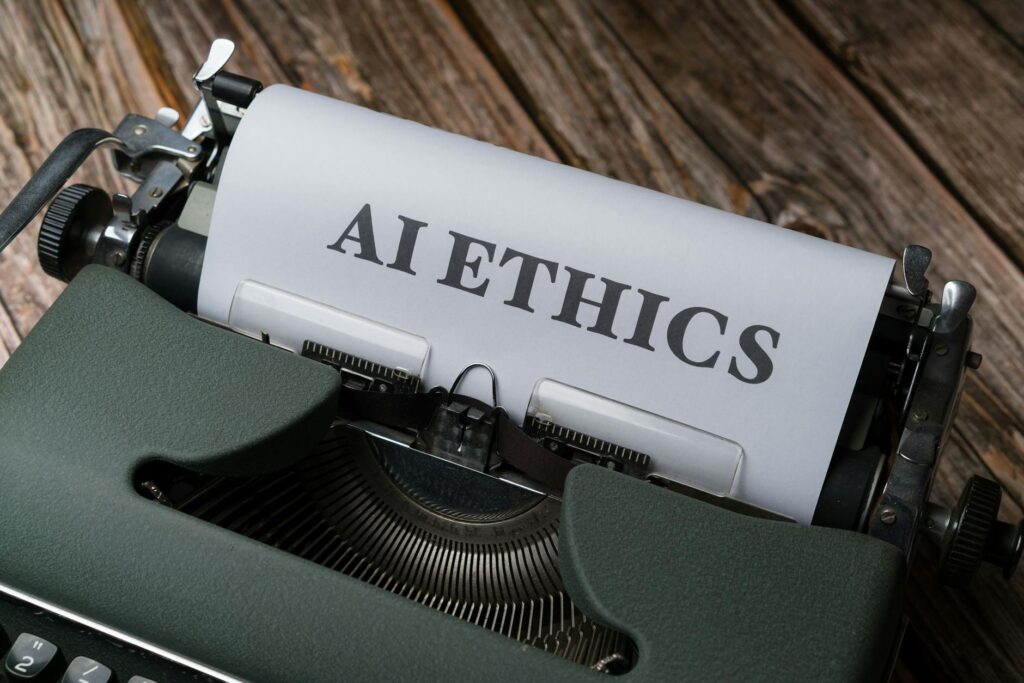What is personal accountability practices?

What is personal accountability practices?
Personal accountability practices are essential components of personal development, enabling individuals to take ownership of their actions and decisions. In a world where distractions and responsibilities abound, understanding and implementing these practices can significantly enhance your productivity and overall well-being. Through personal accountability, you can cultivate a mindset that fosters growth, encourages positive habits, and improves your relationships, both personally and professionally.
Defining Personal Accountability Practices
Personal accountability practices refer to the methods and strategies that individuals employ to hold themselves responsible for their actions. This concept is vital for personal and professional growth, as it promotes self-awareness and encourages individuals to take proactive steps toward achieving their goals.
The Concept of Personal Accountability
At the core, personal accountability revolves around recognizing that you are responsible for your choices and their outcomes. It’s about understanding that your decisions directly affect your life and the lives of those around you. By embracing this principle, you empower yourself to take control of your circumstances, rather than blaming external factors for your challenges.
Benefits of Personal Accountability Practices
The advantages of implementing personal accountability practices are plentiful. Here are some key benefits:
-
Improved Decision-Making: When you are accountable for your choices, you tend to think more critically about the decisions you make. This leads to better outcomes and a clearer understanding of your values and priorities.
-
Increased Productivity: Holding yourself accountable helps you stay focused on your goals and tasks, reducing procrastination and improving time management. Being accountable encourages you to push through challenges rather than avoiding them.
-
Enhanced Trust: When you demonstrate accountability, others perceive you as reliable and trustworthy. This builds stronger relationships, whether in your personal life or at work.
For a deeper look at the importance of personal accountability, you can explore 10 Reasons Why Personal Accountability Is Important.
Key Elements of Effective Personal Accountability Practices
To cultivate effective personal accountability, several key elements must be in place. These components create a framework that supports consistent practice and growth.
Setting Clear Goals
One of the fundamental aspects of personal accountability is setting specific and measurable goals. Without clear objectives, it’s challenging to track progress or determine success. When goals are well-defined, they provide direction and motivation, making it easier to hold yourself accountable.
Tracking Progress and Reflection
Regularly tracking your progress is crucial for maintaining accountability. This might involve maintaining a journal, using apps, or simply reflecting on your daily or weekly achievements. Reflection allows you to assess what’s working, what isn’t, and how you can adjust your approach moving forward.
Developing Support Systems
Having a network of support, such as mentors, friends, or accountability partners, enhances the effectiveness of personal accountability practices. These individuals can provide encouragement, feedback, and constructive criticism, ensuring you remain on track. You can read more about creating a culture of accountability in the workplace at this resource.
Implementing Personal Accountability Practices in Daily Life
Integrating personal accountability practices into your daily routine doesn’t have to be overwhelming. Here are some practical tips to help you get started.
Creating an Accountability Plan
Start by crafting a personalized accountability plan that aligns with your goals. Outline your objectives, the steps you need to take, and the metrics you’ll use to measure success. Review this plan regularly to ensure you remain focused and committed to your goals.
Utilizing Tools and Resources
Leverage technology to aid your accountability efforts. There are numerous apps and resources designed to help you set reminders, track goals, and monitor progress. Tools like Todoist or Trello can help you stay organized and accountable.
Overcoming Obstacles to Accountability
Despite your best intentions, you may encounter challenges while striving for accountability. Recognizing these obstacles is the first step in overcoming them.
Addressing Procrastination and Distractions
Procrastination is a common hurdle in maintaining accountability. To combat this, break tasks down into smaller, manageable steps and set short deadlines. Creating a dedicated workspace free from distractions can also help you focus better on your responsibilities.
Building Resilience and Staying Committed
Resilience is essential for upholding personal accountability. Setbacks are inevitable, but how you respond to them matters. Cultivating a mindset that embraces challenges as opportunities for growth will help you maintain your commitment to accountability. Remember, it’s about progress, not perfection.
Conclusion and Call to Action
In summary, personal accountability practices are a powerful tool for personal and professional development. By taking ownership of your actions, setting clear goals, tracking progress, and developing supportive relationships, you can enhance your productivity and build trust with those around you.
I encourage you to adopt these practices in your life today. Start small, reflect on your progress, and continually strive for improvement. The journey toward personal accountability is a rewarding one that can lead to significant growth and fulfillment.

Photo by Markus Winkler